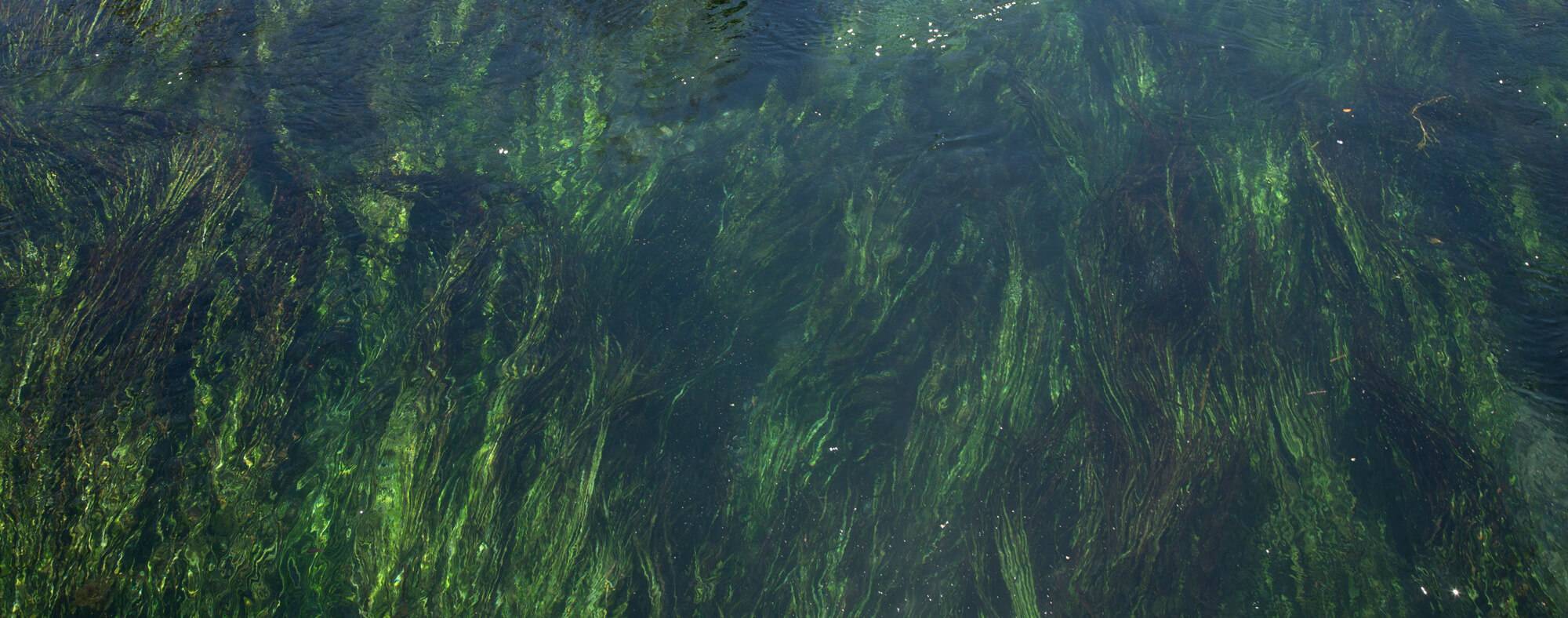Coastal and Marine Waters
The Gulf of Mexico is an international marine system of economic and environmental importance to the United States and Mexico, as well as other countries. These projects focus on development of ecosystem-based management approaches to protect the environmental and ecological integrity of the Gulf of Mexico and its coastal areas, including consideration of the freshwater riverine systems draining to it, particularly the Mississippi River and the Rio Grande, and the environmental and management implications involving these linked water systems. It includes projects related to conservation of seagrass ecosystems along coastal areas, and studies directed to the freshwater inflow needs to maintain aquatic ecosystems in estuarine coastal areas.
-
Gulf of Mexico Large Marine Ecosystem Project – Being conducted by the United Nations Industry and Development Organization (UNIDO), and funded by the Global Environment Facility (GEF), Washington, D.C., this project represents an important link to the previously noted ongoing GEF project directed to developing a Regional Framework for the Sustainable Use of the Rio Grande/Rio Bravo, the latter being a major riverine input into the Gulf of Mexico. The major ongoing activity is development of ecosystem-based management approaches to protect freshwater, marine and coastal ecosystems, reduce pollution, restore degraded habitat, and protect aquatic and riparian species in transboundary regions. Ms. Meredith Miller of the Meadows Center is the liason to this ongoing project. Further information is available on the GoM LME website: Gulf of Mexico Large Marine Ecosystem Project.
-
Gulf of Mexico Alliance – This activity focuses on providing tools and recommending policies to state, federal, international, business and industry, and nonprofit stakeholders on options for restoring and conserving critical marine habitat. Ms. Meredith Miller of the Meadows Center is a member of the Alliance’s ‘Habitat Conservation and Restoration’ and ‘Coastal Community Resiliency’ Priority Issues Advisory Teams, whose activities focus on improving understanding of coastal communities regarding the risks and impacts associated with coastal hazards, including climate changes in riparian Gulf of Mexico states. Further information on the Gulf of Mexico Alliance is available on its website: http://iwlearn.net/iw-projects/1346
-
Conservation and Management of Texas Seagrass Ecosystems – The health and sustainability of seagrasses,which are found in most Texas estuaries,is critically dependent on clear, unpolluted, moderate- to high-salinity waters along the coast. Dr. Warren Pulich of the The Meadows Center is conducting studies focused on analyzing, surveying and monitoring seagrass areas, including new techniques for remote sensing of these areas, with the goal of enhancing their management and conservation. Further information is available on the website: http://www.cbbep.org/publications/virtuallibrary/CC20.pdf
-
Assessing Freshwater Inflow Requirements for Texas Bays and Estuaries - Bays and estuaries require specific freshwater inflow regimes to maintain their optimal salinity, nutrient and sediment conditions. To this end, the state of Texas maintains an intensive Environmental Flows Planning and Management Program to evaluate inflow regimes for the seven major Texas watersheds.Dr. Warren Pulich, The Meadows Center, serves on the Bay and Basin Science (BBEST) and Stakeholder (BBASC) committees of this program. Further information on this topic is available on the website: https://www.tceq.texas.gov/permitting/water_rights/wr_technical-resources/eflows
